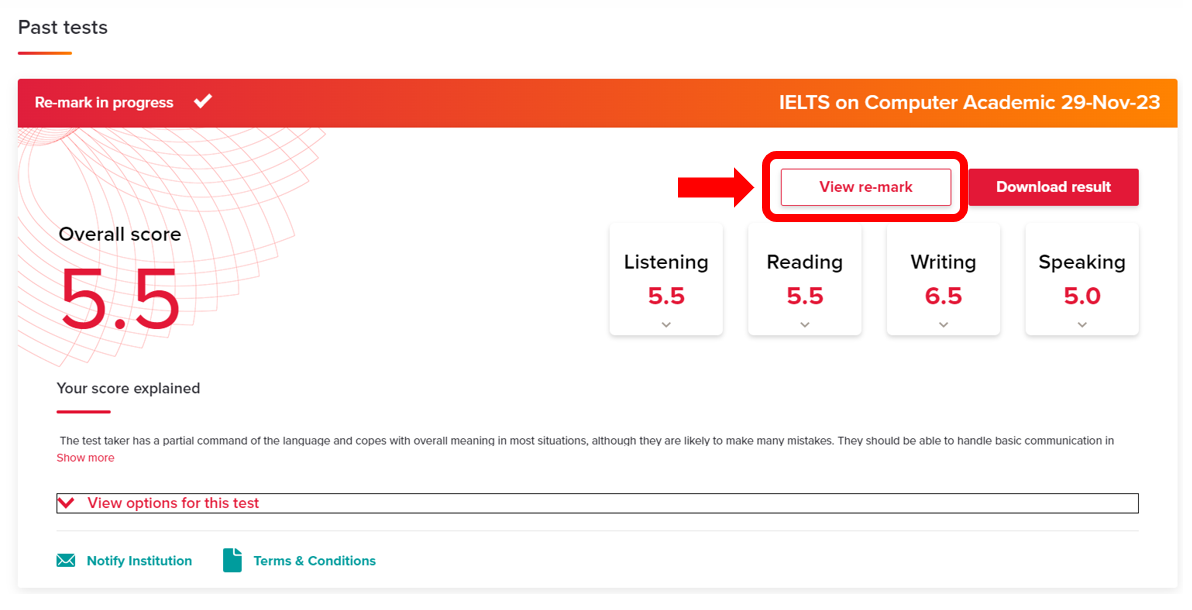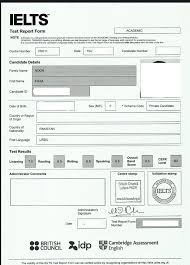Idp result, In the rapidly evolving landscape of modern education, Individual Development Plans (IDPs) have emerged as a critical tool for personal and professional growth. These plans are particularly popular in academic institutions and corporate settings where structured growth and continuous learning are emphasized. The term “IDP result” refers to the outcomes or achievements tracked and evaluated through the use of an Individual Development Plan.
What is an Individual Development Plan (IDP)?
An Individual Development Plan is a personalized, structured document that outlines an individual’s career goals, skill development strategies, and specific steps needed to achieve these objectives. IDPs are often used in educational settings, research environments, and workplaces to help individuals focus on their professional development, track their progress, and achieve measurable results.
The Role of IDP Results
The results generated from an IDP are essential for both the individual and the organization. They provide insights into the effectiveness of the development plan and highlight areas of success or needed improvement. For students, researchers, and professionals, these results can serve as a roadmap for future growth and a benchmark for success.
- Tracking Progress: The primary function of an IDP is to track the progress of an individual’s development. By regularly reviewing IDP results, individuals can assess whether they are meeting their goals or need to adjust their strategies. This ongoing assessment ensures that the individual remains on track toward achieving their long-term objectives.
- Identifying Skill Gaps: IDP results help in identifying skill gaps that may hinder an individual’s progress. By analyzing these results, educators or supervisors can recommend targeted training or resources to help the individual overcome these gaps.
- Enhancing Motivation: Seeing tangible results from an IDP can be highly motivating. As individuals observe their progress, they are more likely to stay committed to their development plan and continue working towards their goals.
- Facilitating Feedback: IDP results provide a foundation for meaningful feedback. Supervisors, mentors, or educators can use these results to offer constructive feedback, helping individuals refine their strategies and achieve better outcomes.
- Supporting Career Advancement: For professionals, the results of an IDP can be crucial in supporting career advancement. By demonstrating a commitment to personal development and showcasing the progress made, individuals can strengthen their case for promotions, new roles, or additional responsibilities.
How to Effectively Utilize IDP Results
To maximize the benefits of IDP results, it is important to approach them systematically:
- Regular Review: Schedule regular reviews of the IDP to ensure that goals are being met and adjust the plan as needed. These reviews should be thorough and focused on both short-term achievements and long-term objectives.
- Incorporate Feedback: Use the results to seek feedback from mentors, supervisors, or peers. This feedback can provide new perspectives and suggest additional resources or strategies that can be incorporated into the IDP.
- Document Progress: Keep a detailed record of progress and results. This documentation can be useful for future reference and can help in reflecting on the journey of growth and development.
- Stay Flexible: While it is important to have a clear plan, flexibility is key. If the results indicate that certain goals are not being met, be open to revising the plan and setting new, more achievable goals.
Conclusion
The IDP result is more than just a measure of achievement; it is a critical component of a continuous learning process that fosters growth and development. Whether in education or the workplace, the careful analysis and application of IDP results can lead to significant improvements in personal and professional outcomes. By understanding and leveraging these results, individuals can ensure that their development journey is purposeful, effective, and aligned with their long-term goals.



